Our previous student intern, Georgia Spencer, interviewed Dr Ruth Valentine as part of our Demystifying Leadership blog series to learn all about what the role of Deputy Dean of Undergraduate Studies entails.
What are your main responsibilities in your role?

I’m the Deputy Dean of Undergraduate Studies, meaning I support the Dean of Undergraduate Studies in shaping, developing, and enhancing the Undergraduate programme in FMS.
The most important part of my job is quality assurance, meaning I must ensure the programmes that we deliver are of the standard that they should be. A large part of my role is also strategic; developing new programmes, making decisions, and leading projects, so I often need to approach tasks with a business head. I also work with the learning and teaching staff to ensure a culture in which they feel fully supported and recognised.
The Deputy Dean position is my second role, and has been somewhat of an add on to my other job within the School of Dental Science. There, my research is in nutrient gene interactions, with a specific focus on zinc and fluoride.
What does an average day look like for you?
As I’m sure many others in roles such as these have said, there just isn’t an average day. As I essentially have two roles, my days are a mix of both, which has been difficult. I try to do two days a week in the Faculty Office, but I’m often juggling my commitments in each area.
Since stepping into the role, I’ve dropped some of my research, and officially I now just do teaching and scholarships, I’ve found that my responsibilities as Deputy Dean of Undergraduate Studies fit better with teaching than research. However, I do still feel like I do research, as my role is often like market research; investigating how to develop a great program through methods such as student surveys and reviews.
What do you enjoy most about your role?
I love this role as it allows me to have influence at a University level, not just in Dentistry. I’m very passionate about widening participation and inspiring the next generation, and as Deputy Dean of Undergraduate Studies, I have been able to push for this across the whole Faculty. For example, considering how take home exams will work for those without internet access at home, and how the University can help to fund trips. I feel very proud of this and our widening participation numbers.
I also like that I’m able to check everything and be very thorough. I can look across the whole Faculty and see how certain areas can be improved. I can make sure I’m questioning everything, and asking the right questions, such as why we’re assessing students in a certain way, or if they like it. I find this really interesting, as I can be inquisitive about everything. The job also gives me a real sense of satisfaction when new programmes I’ve helped design are rolled out to students.
What do you feel you get out of your role?
Firstly, I feel like it gives me a platform to fight for the students and ensure that they’re being prioritised. I love that we can support them through schemes such as the Intu Scheme, for students who aren’t quite ready. This means we never have to compromise the quality of our degree programmes, and can be proud that they’re really good, but we can still give extra support to the students who need it to make sure everything is still fair.
What do you think is your biggest achievement in your role?
In the long term, I feel that championing widening participation and helping to eradicate the elitist attitude that has existed in Universities historically has been my biggest achievement, simply because I feel so strongly that this is very important. My role has given me a bigger arena to make a difference, which is such a special position to be in.
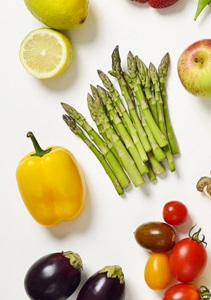
I’ve also loved introducing a new program, Dietetics, which starts in 2020. I feel that I got it through the Faculty and got it to the place where the DPD can create a fantastic course. It will be in the new building, with new kitchens and sensory booths, which is just great.
What made you want to apply for the role?
When I applied, I was doing an Associate Postgraduate Taught role and really wanted to learn more about Undergraduate, as well as expanding my influence to create change. Really, I just saw this role as a progression from my Postgraduate Taught role. As Deputy Undergraduate Dean, I still look after the quality assurance of Postgraduate Taught, so I continue have elements of my old job incorporated into this one.
Before I applied, I chatted informally with the Dean of Undergraduate Studies about the role and how it would impact my career development, which gave me a clearer view of whether the position was right for me. I was also helped to apply by my close colleagues. They encouraged me, supported me, and gave me the confidence to put my name forward.
Have you had any prior leadership roles or training opportunities that helped prepare you for this role?
I did the Leadership Foundation Programme for the Directors of Excellence in Learning and Teaching, where I found out a lot more about leadership. I was then put forward for the Academic Leaders Programme by the Faculty, which was a programme run in cooperation between Durham and Newcastle. I found this programme really helpful; especially elements such as the 360 feedback, and the small leadership sessions on coaching, which was a really useful technique that I’ve used since. I also was able to make valuable links with people in other Faculties and at Durham, including more senior people who were able to advise me. I also had mentorship from NU Women when I first took on my prior role.
In my interview for my previous role, I had to do a five-minute presentation about my vision for the role. No prompts. No PowerPoint. But I’d say this was a great learning experience, as it helped to show me that I can speak up and champion causes.
What have you learnt since starting your role?
I think a key thing its taught me is that I’m more of a strategy person and I don’t want to manage people so much. This has helped to confirm for me that I’m in the right role and on the right path. I’ve also reduced my research, which I never would’ve seen myself doing three or four years ago. This has really helped shape the direction of my career.
My position has also given me a lot of insight into the wider University as a whole. I never realised when I applied that I’d be involved with Kings Gate, for example. It’s allowed me to branch out and make a difference both across other Faculties, as well as externally at a national level.
What have you found more challenging in your role?
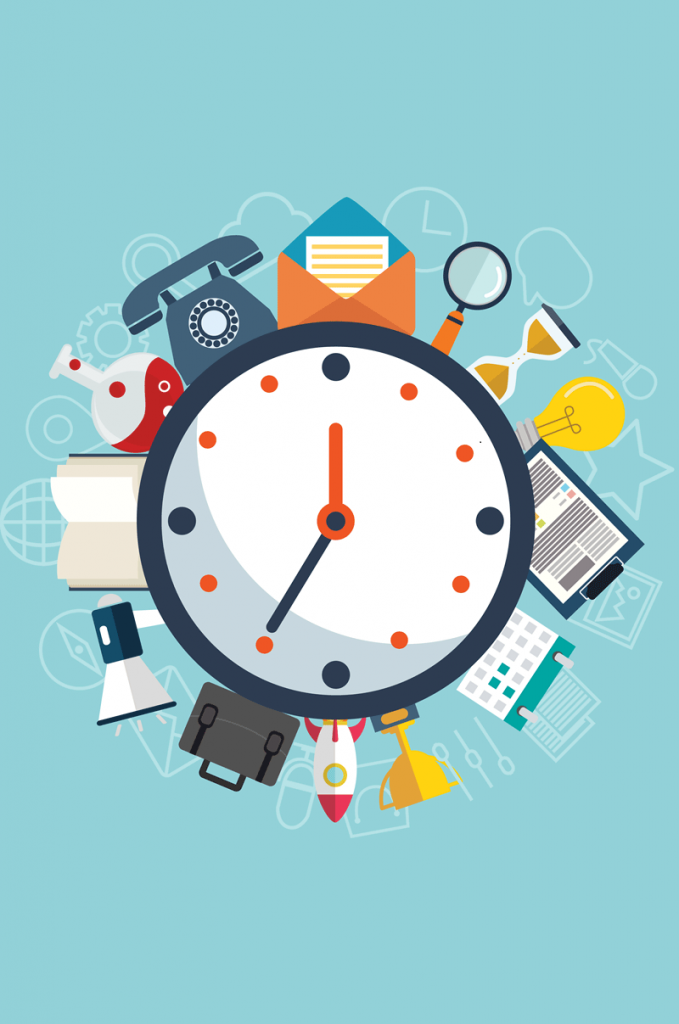
I’ve found time management difficult, because I’ve tried to do it all. But I’ve learnt from this that you simply can’t. Something has to give; you can’t do it all. But I feel like I’ve got the balance right now. I’ve accepted my own capabilities and I let go of my previous admissions responsibilities, which has given me more time. I’ve gained more confidence in saying no and have learnt to delegate.
I initially dreaded working on appeals. But I’ve learnt that I’m not that bad at them, and I’m proud that I’ve shown others and myself that I can do it.
How do you balance the role with your other commitments?
With two small children, it’s been important to have a really good attitude towards work-life balance. Even though no academic role is 9-5, really good time management during the day, as well as delegating to others, has helped give me my evenings with my family. I’m also very strict on not checking emails during holidays and there’s very little travel involved in my role, other than the occasional conference in London.
My line manager has also been very aware and very understanding of my family commitments. For example, with the University Education Committee which starts at 8am, she’s very understanding if I’m not able to get there for it. Sometimes, you just have to decide you’re spending time with your family.
When it comes to my family, my husband is very supportive, and we share everything completely. I’d like to be a good role model to my daughter by being successful in my career while balancing it with my outside commitments.
Thank you to Ruth Valentine for taking the time to speak to us about her role! We hope you’ve enjoyed reading about the roles and responsibilities involved in being Deputy Dean of Undergraduate Studies (and a special thank you to Georgia for giving us such a wonderful series!).


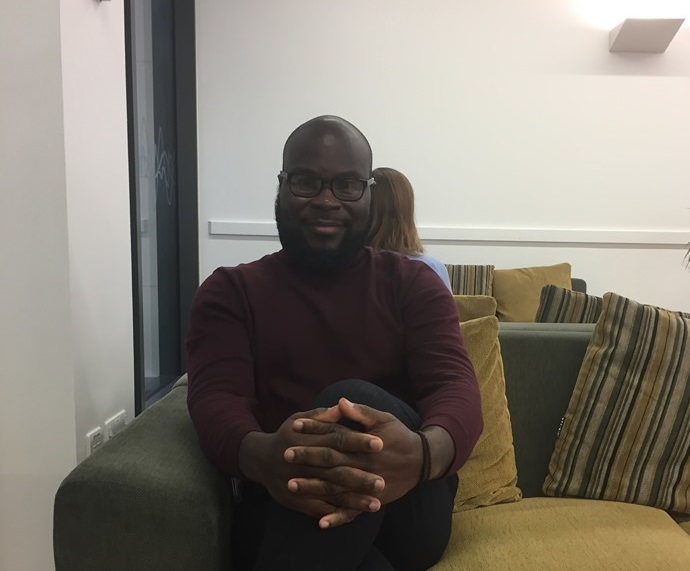
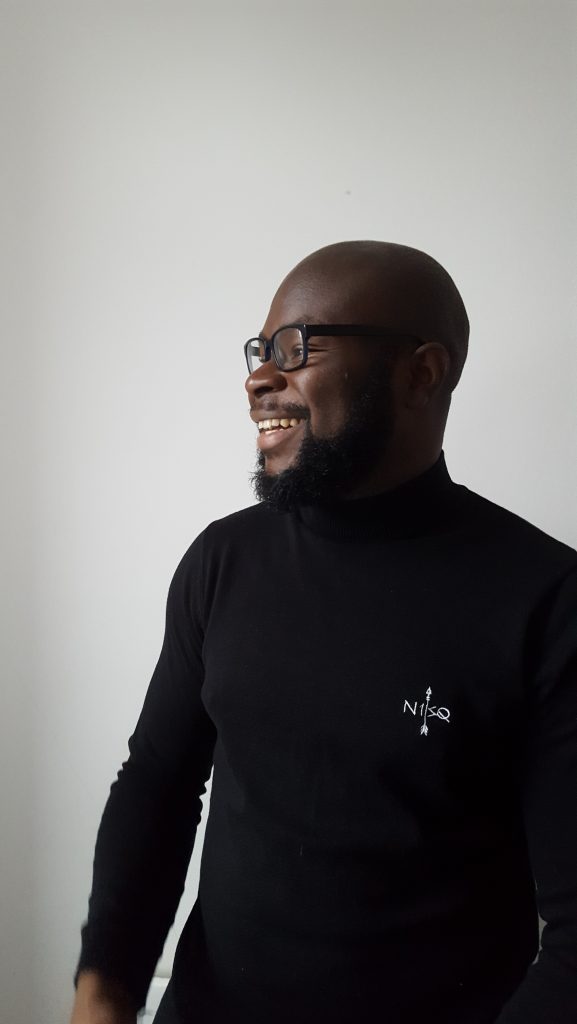
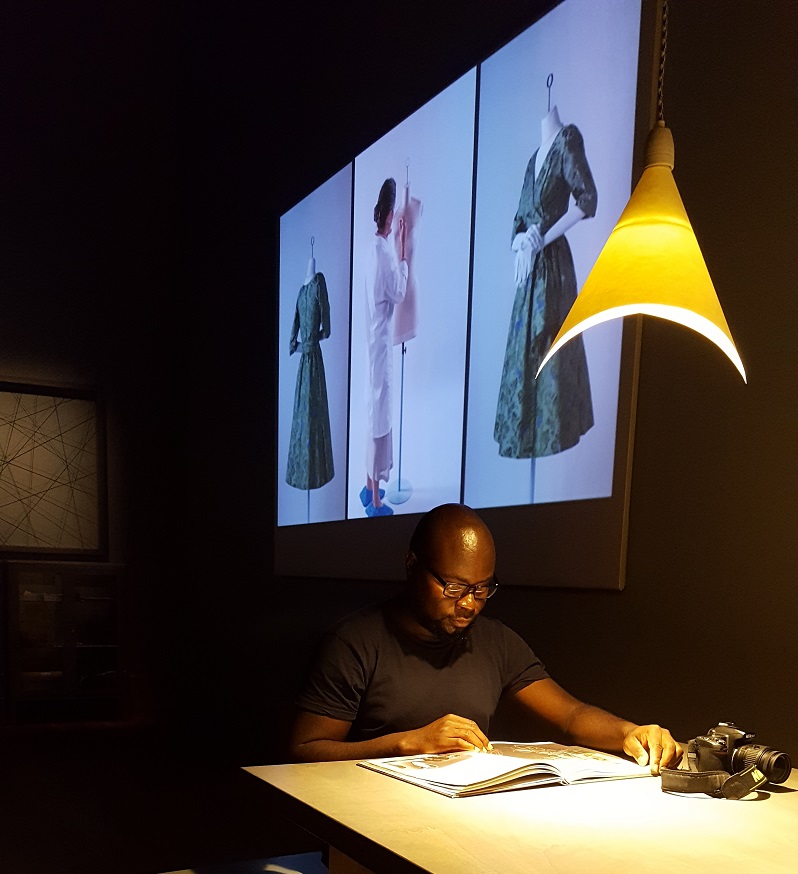

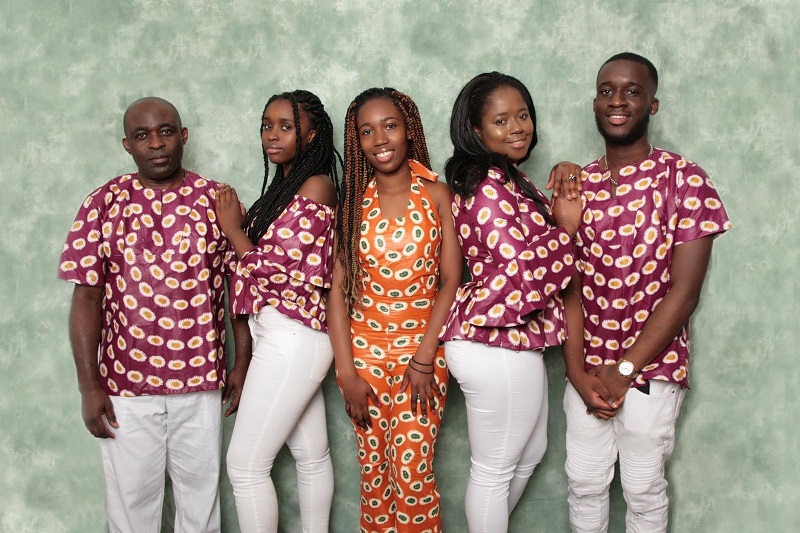

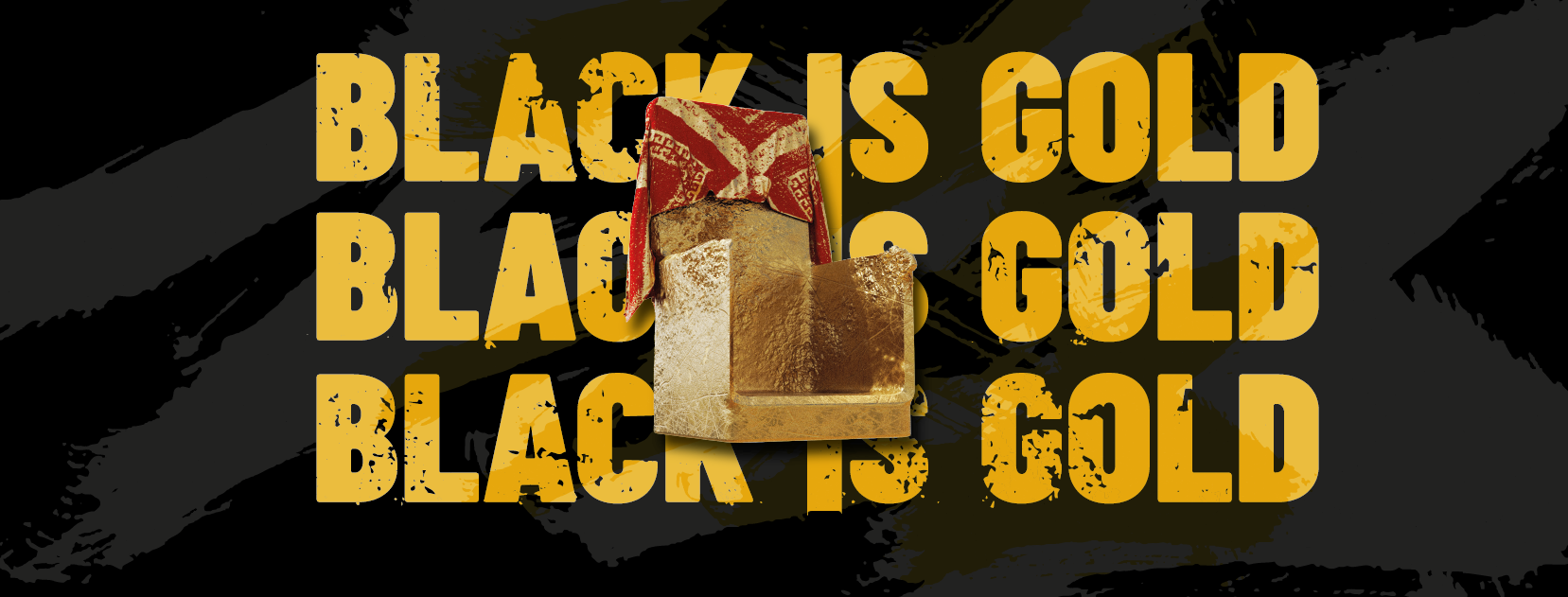
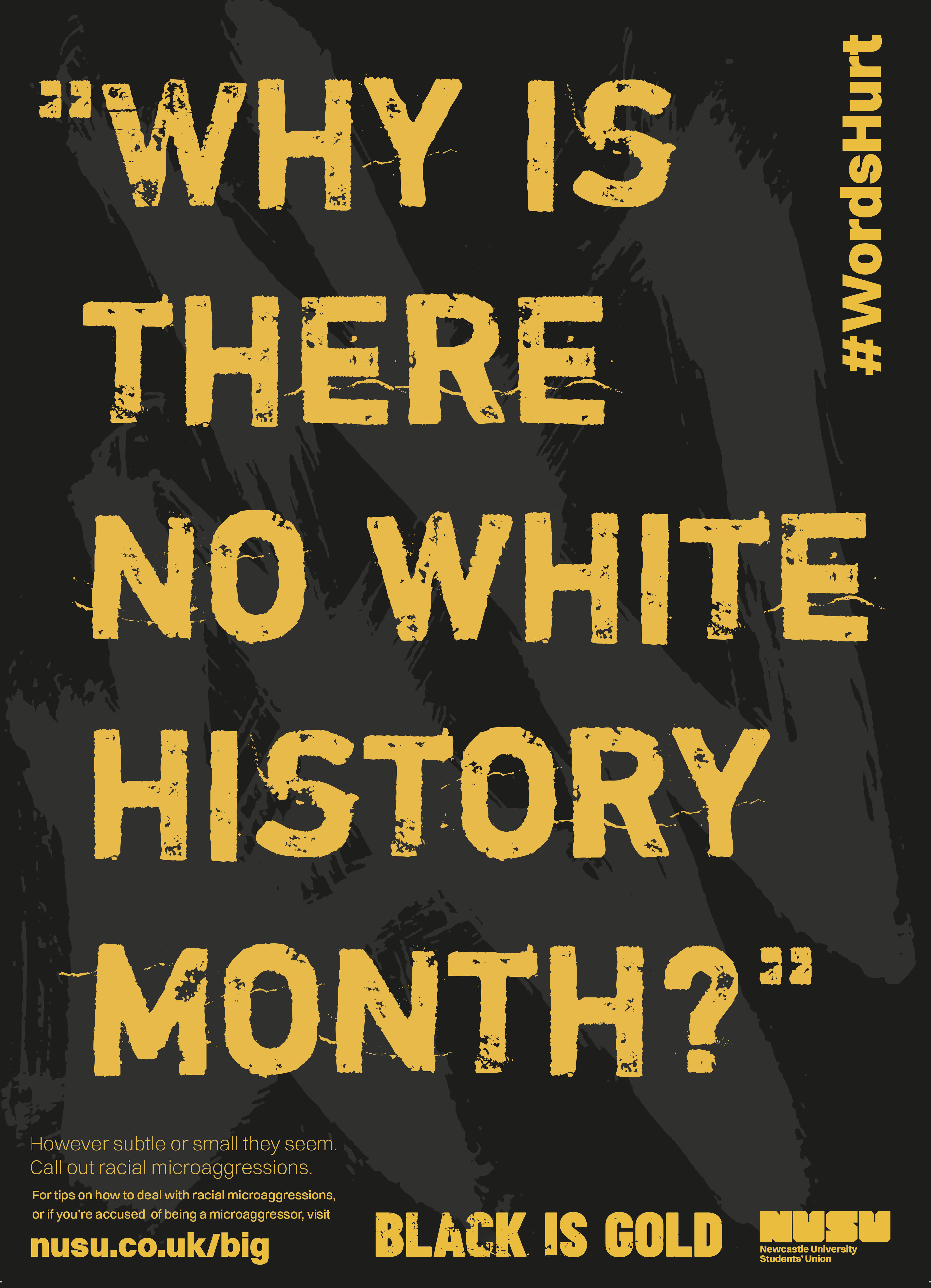
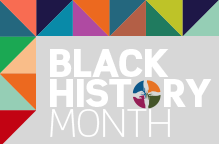 This October is Black History Month, a month dedicated to celebrating the history, achievements and contributions of black people in the UK. Although we should honour the successes throughout the year, it provides a special focus on their lives and experiences.
This October is Black History Month, a month dedicated to celebrating the history, achievements and contributions of black people in the UK. Although we should honour the successes throughout the year, it provides a special focus on their lives and experiences. 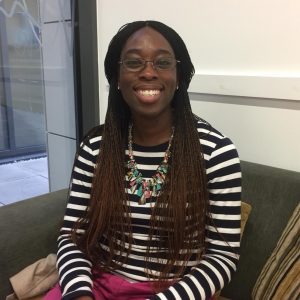 I completed my PhD in Dermatology followed by a couple of postdoc positions in this department. I then joined the Neuromuscular team within the John Walton Muscular Dystrophy Research Centre (based at the Centre for Life) as the Post-marketing Surveillance Coordinator. In this role, I was responsible for supporting pharmaceutical companies with Phase IV studies for their licensed therapies. I was keen to gain more hands on experience setting up and delivering a clinical study, so I moved to the Stroke Research Group, where I am coordinating a clinical study evaluating the diagnostic accuracy of a point of care device. All the expertise, knowledge and experience I have gained over the last decade have been extremely valuable and helped me to secure my new role (which I’ll start in December 2019) as the Programme Manager for medical devices, diagnostics and digital technologies within the
I completed my PhD in Dermatology followed by a couple of postdoc positions in this department. I then joined the Neuromuscular team within the John Walton Muscular Dystrophy Research Centre (based at the Centre for Life) as the Post-marketing Surveillance Coordinator. In this role, I was responsible for supporting pharmaceutical companies with Phase IV studies for their licensed therapies. I was keen to gain more hands on experience setting up and delivering a clinical study, so I moved to the Stroke Research Group, where I am coordinating a clinical study evaluating the diagnostic accuracy of a point of care device. All the expertise, knowledge and experience I have gained over the last decade have been extremely valuable and helped me to secure my new role (which I’ll start in December 2019) as the Programme Manager for medical devices, diagnostics and digital technologies within the 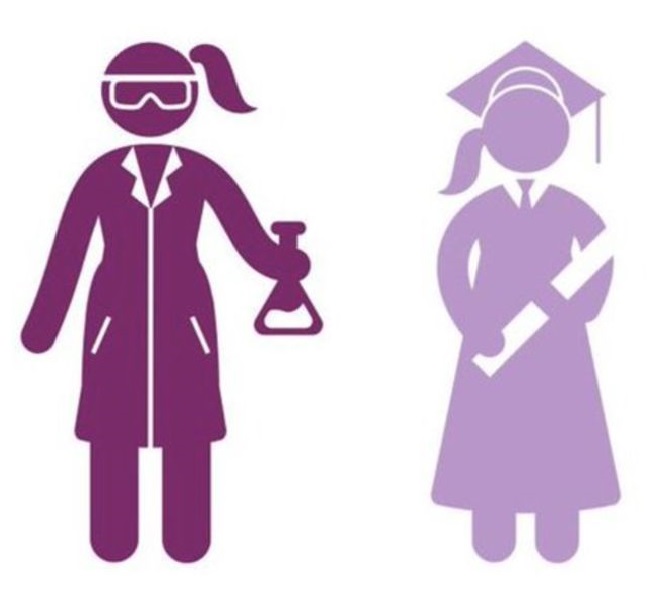 Completing my PhD thesis!
Completing my PhD thesis!